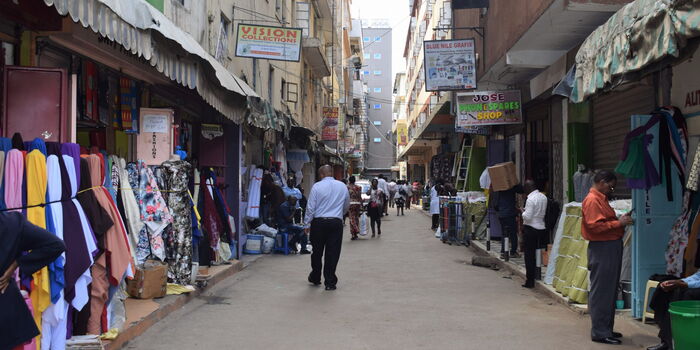The Kenyan government has announced that it will be carrying out compulsory visits and mapping of all coffee farms across the country over the next two months.
This exercise is part of efforts to meet the European Union’s new environmental standards, known as the EU Deforestation Regulation (EUDR), which aim to stop products linked to deforestation from entering the European market.
In an official statement released on Monday, July 28, the Agriculture and Food Authority (AFA) confirmed that this mapping initiative will be led by the EUDR Data Committee.
This team will bring together several government agencies, including the State Department for Agriculture (SDA), the Kenya Space Agency (KSA), the Kenya Forest Service (KFS), the Directorate of Remote Survey and Remote Sensing (DRSRS), and the Kenya Agricultural and Livestock Research Organization (KALRO).
The AFA reported that as of now, about 30% of the country’s coffee-growing areas—covering 32,688 hectares across 16 out of 33 coffee-producing counties—have already been geo-mapped using advanced satellite technology. However, the remaining 76,696 hectares must still be mapped before the December 30 deadline.
“To make sure the country fully meets the EU’s new regulations, the government—through the Ministry of Agriculture and Livestock Development—is rolling out a national mapping exercise to identify and record every coffee farm in Kenya,” the statement emphasized.
The European Union’s deforestation law targets several products commonly linked to deforestation, including coffee, cocoa, soybeans, palm oil, wood, beef, and rubber. The regulation requires that products entering the EU must be proven to come from land that was not recently deforested.
Kenya, which exports roughly 95% of its coffee, is especially affected by this new rule. Around 55% of that coffee goes to the EU, with major destinations being Belgium, Germany, Sweden, and Finland. Over the past five years, Kenya has exported 122,699 metric tonnes of clean coffee to the European Union.
Failure to meet the EUDR’s requirements could cost Kenya dearly—potentially leading to the loss of up to Ksh90 billion in annual coffee export revenue if the country is blocked from accessing the European market.
The government has set an ambitious target to complete the entire geo-mapping process by November 2025, which is one month ahead of the EU’s official enforcement date of December 30.
The AFA and its partners are urging coffee farmers to cooperate with officials during the mapping process to ensure Kenya remains a top exporter of premium coffee to Europe.
This mandatory geo-mapping initiative marks a significant step toward aligning Kenya’s agricultural exports with global environmental and sustainability standards, safeguarding not only the country’s economy but also its environmental reputation on the world stage.
Join Gen Z New WhatsApp Channel To Stay Updated On time https://whatsapp.com/channel/0029VaWT5gSGufImU8R0DO30


